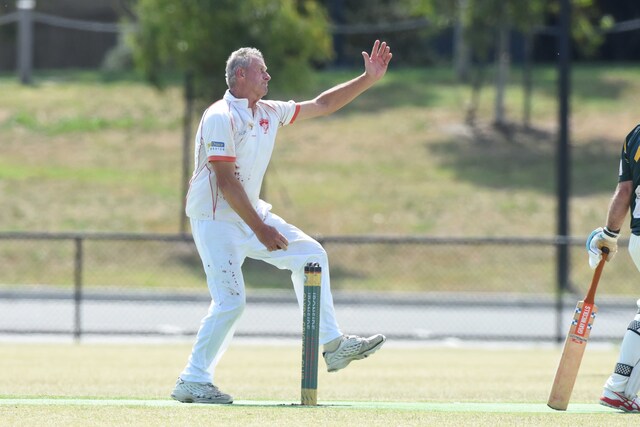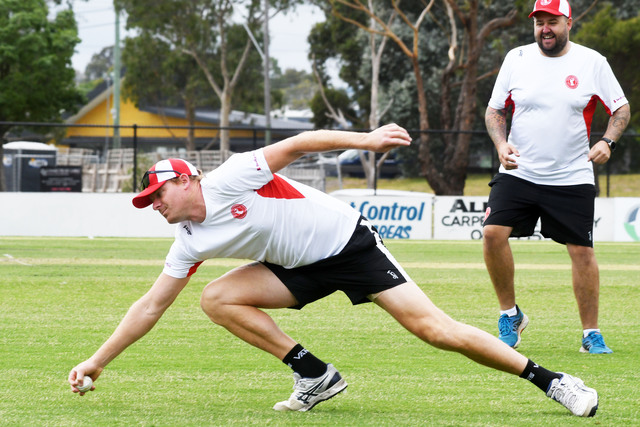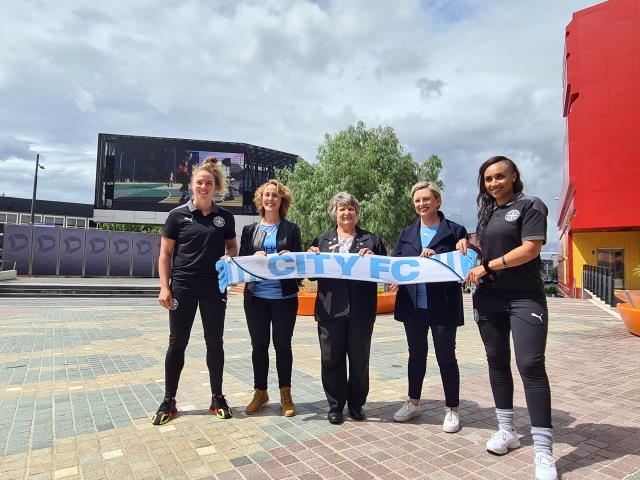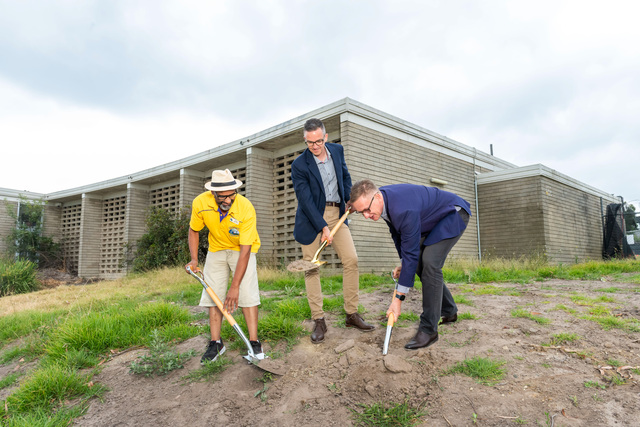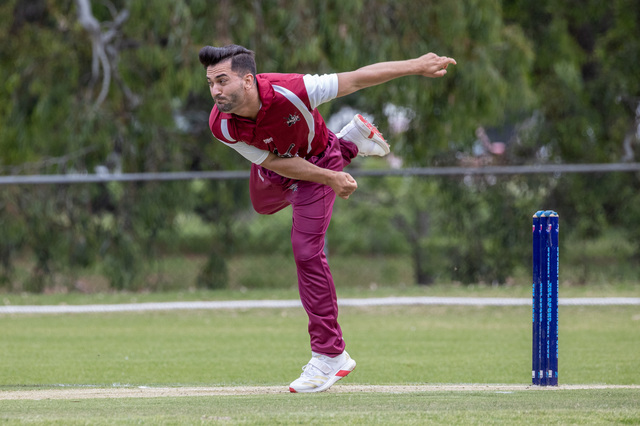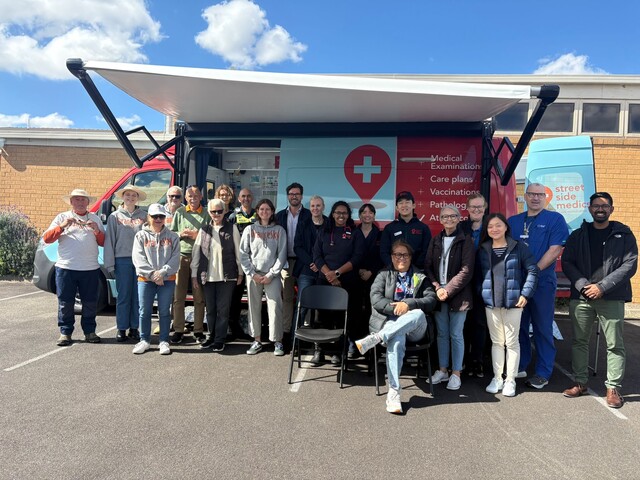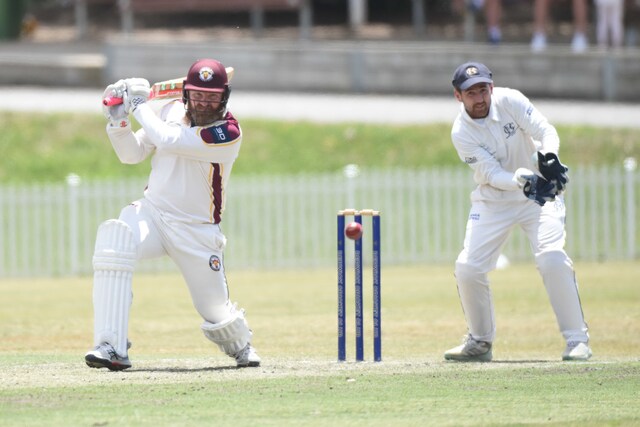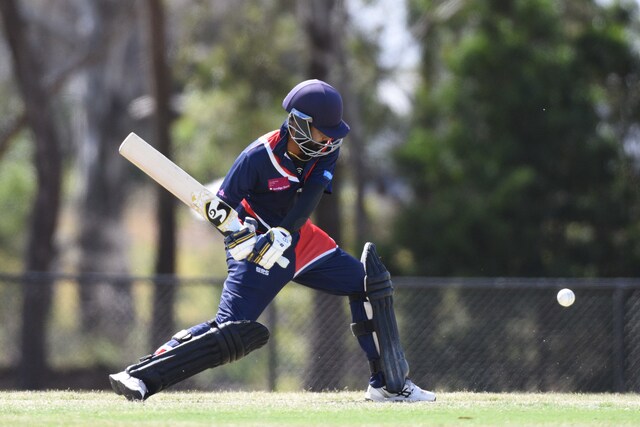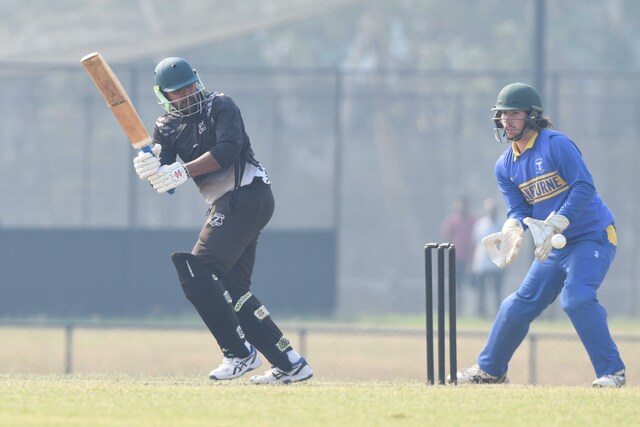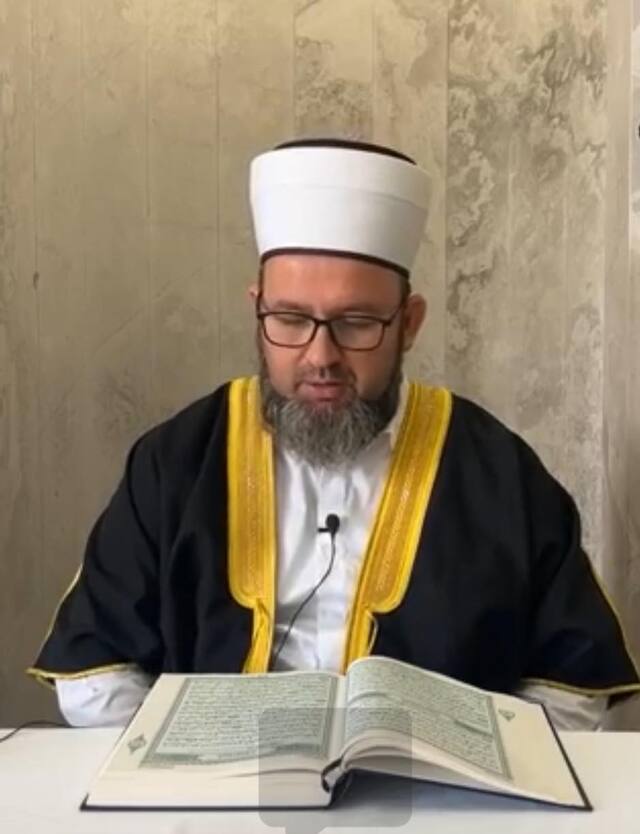By CASEY NEILL
A DANDENONG lawyer is calling for “multicultural courts” and more education to keep refugees out of the legal system.
Bilal Amani said new arrivals were over-represented in the criminal justice system, commonly committing driving and alcohol-related offences and violent crimes.
“I came to Australia as a refugee over 20 years ago from Afghanistan I can relate to the disadvantages experienced by new migrants,” he said.
Mr Amani investigated the number of Sudanese people getting caught up in crime during his honours year in law at Victoria University.
“The major disadvantage causing new migrants to quickly fall into the arms of the criminal justice system is that after arriving to Australia they are forced to automatically understand and fully comprehend a totally new system of western legal concepts and processes,” he said.
“The war and oppression in their homeland have created a mentality amongst many migrant refugee people to live in fear and suspicion of authoritative and legal personalities.
“The emotional and mental health consequence of violence, famine and illness experienced in the homeland posed severe challenges for integration into the Australian community.”
Mr Amani said there needed to be more specific education offered to new arrivals to help them understand the legal system.
He also suggested police officer discretion to allow self-regulation within the migrant community.
“Name and shame in the community might help,” he said.
Victoria Police should send members overseas, he said, so they could understand different ways of life and there should be a multicultural court system similar to the Koori Court.
It operates as a division of the Magistrates’ Court, which sentences Indigenous defendants.
“Compare the new migrant issues to Indigenous Australians and how we specifically support Indigenous Australians,” Mr Amani said.
“The same approach is required due to growing multiculturalism in Australia.”
Greater Dandenong Sergeant Joseph Herrech works in the Multicultural Liaison Unit.
He said settlement service AMES delivered a cultural orientation package that included information on Australia’s legal system.
“They get exposure to the laws and their rights and responsibilities as part of English language training,” he said.
“Sometimes there is a bit of a gap in understanding and learning of the law.
“I don’t want the wider community to believe the multicultural community is highly represented in the number of people that commit offences.
“It’s a very small minority.
“Sometimes they’ve committed a crime because they’ve simply not understood.”
In response to Mr Amani’s call for community self-regulation, Sgt Herrech said he’d rather see a support and advocacy approach.
“Rather than guilty until proven innocent, support a person who might have quite unintentionally made a mistake and give them the knowledge to avoid the situation again,” he said.
He said suggesting a multicultural court was vastly different to establishing the Koori Court.
“You’d need more than 200 courts. Logistically, it couldn’t work,” he said.
“Not always do we need to recreate and reinvent things.
“Sometimes it’s just a matter of refining and massaging to fit the current systems.”
Sgt Herrech said new initiatives from police command would provide all Victoria Police members with strong cultural education.
“It’s not necessary to go across and live in refugee camps like I did,” he said.
“As time goes on, and Victoria becomes more multicultural, the service that we provide needs to adapt to the community that we’re providing for.
“It’s happening.”
Laurie Nowell from AMES said the refugee and migrant service was trialling a new program that explained Australian law to new arrivals.
“The trial sees clients given information sessions about the law with practical advice on what is acceptable in terms of road rules, assault, family violence and other aspects of the law,” she said.
“We expect the sessions will be rolled out more comprehensively through the year.”
Ms Nowell said the sessions also included information on social norms and cultural practices.
“Our case managers and community guides are also trained to give basic advice to clients on Australian law and social norms,” she said.

